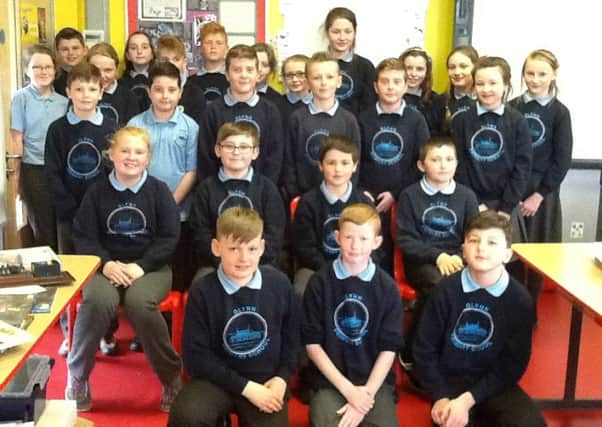Glynn pupils to sow space seeds


The local school has been selected to take part in the Royal Horticultural Society Campaign for School Gardening’s work with the UK Space Agency as part of its ‘Rocket Science’ project.
The scheme encourages youngsters to become “space biologists” doing valuable work to determine whether it will one day be possible to grow food on planets millions of miles away from Earth.
Advertisement
Hide AdAdvertisement
Hide AdPrincipal Diane Hawthorne told the Times that the school’s pupils are “very excited” to take part in the project, which involves growing the salad crop rocket.
“These seeds were taken up to the International Space Station and stored in microgravity by Major Tim Peake before they were brought back to earth by the Russian astronauts recently,” she explained.
“They will arrive at Glynn Primary School on April 18 and they will be planted on April 20.
“After the seeds are planted we have to measure them and upload the data via the internet.
Advertisement
Hide AdAdvertisement
Hide Ad“The children will see the basics of how to grow the rocket seeds and conduct a scientific experiment, and how different variables at the different schools participating in the scheme influence the experiments.”
Each UK school participating in the programme will receive a blue and red packet, each containing at least 100 seeds, one of which will have orbited the earth at 17,000mph, and one of which will have remained on earth.
The RHS is instructing the schools to grow the seeds side by side on a classroom windowsill for 35 days before entering the results in a national database and making a prediction as to which packet contained the space seeds.
At the end of the project, Mrs Hawthorne says the pupils will be able to eat the “space rocket”.
Advertisement
Hide AdAdvertisement
Hide AdMrs Hawthorne says she believes that the project could turn Glynn pupils into budding astronauts and horticulturalists.
“I think there could be future scientisits among them,” she continued.
“Our pupils have done work on space and they have been very interested in following Major Tim Peake’s progress. I definitely think we could have some future astronauts here-perhaps a Glynn pupil could even end up on the International Space Station in the future!”